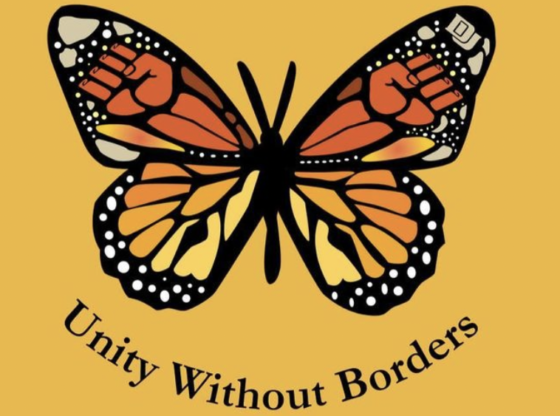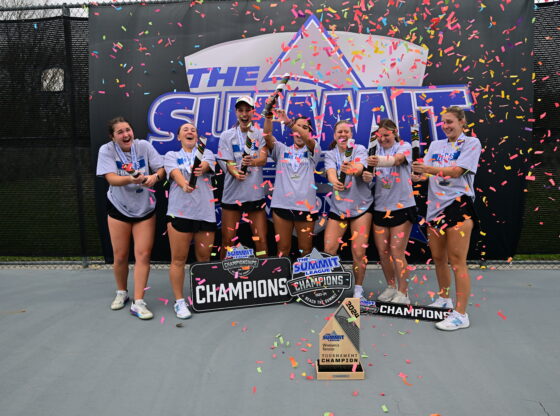During the winter quarter, three Jewish students at the University of Denver (DU) were victims of antisemitic vandalism. Two students had their mezuzahs (a small case affixed to doorways containing Jewish scripture) forcefully removed, while the door of another was covered in pork, violating the student’s religiously observed Kosher diet. The incidents coincide with a worrying increase in antisemitic incidents both in Colorado and on a national scale.
According to the Anti-Defamation League, 2021 saw the largest number of antisemitic incidents of any recorded year since 1979, with the trend of increased violence continuing into 2022. In Colorado, 47 antisemitic incidents took place in 2022.
While these are some of the highest numbers the organization has seen on record, it follows a trend of antisemitic incidents consistently increasing by year since 2016.
Bennett Golad, a Jewish DU student and Hillel board member, shared what happened to him.
“They took my mezuzah and my friend found it in a stairwell of Nagel with the backing that holds the scroll, the prayer inside, taken off,” he said. “So it looks like they were trying to take out the prayer but couldn’t get to it.”
There are numerous potential causes for the rise in antisemitic incidents and behavior. Economic uncertainty and public health crises often see minorities treated as scapegoats, particularly Jews.
“There was a lot of antisemitism and conspiracies about Jews that spiked during the pandemic,” said Jeremy Shaver, Senior Associate Regional Director for the Anti-Defamation League. “We still see locally here in Colorado antisemitic fliers being distributed saying that Jews are responsible for all aspects of the Covid pandemic.”
In many cases, social media can serve as a vehicle for amplifying antisemitism and other forms of bigotry on their platforms. Research shows that Tiktok’s algorithm can lead users into an antisemitic echo chamber.
A significant increase in online antisemitism was seen in the end of 2022, caused in large part by cultural leaders voicing support for antisemitic conspiracies and Holocaust denial.
“All the social media stuff with Kanye, I think that really had a big impact on people being comfortable spewing antisemitic hate and just hate in general,” posited Nina Morgenstein, a Jewish DU student who is also President of The Quackmire and Justice Primus of the Undergraduate Student Government.
Lily Gross, head of Jewish Student Life at DU, related, “The way social media allows misinformation to spread and people to hate others without knowing them has been very toxic for minorities who are often misunderstood.”
Understanding social factors that catalyze antisemitism and racist scapegoating are just one facet of the problem. How do we move past these incidents after they occur?
“It’s always important to center the individuals who are being targeted … center them and hear their concerns and hear from them what they need to feel safe and secure on campus,” stated Shaver. “It’s important for us [groups in the city and surrounding community] to say that we believe it’s the right of every student to have a safe and secure campus to study, learn and grow.”
DU was quick to condemn the incidents and label them as hate crimes. An outpouring of support from the institution and student organizations has been heartening to those affected by these incidents.
“I have a lot of gratitude for campus safety, Title IX, the chancellor and a lot of other groups because they really showed up to support the Jewish community,” Morgenstein said. “What do people say? ‘Do the extra five percent?’ Just do a little bit more work so that our community can be even better.”










